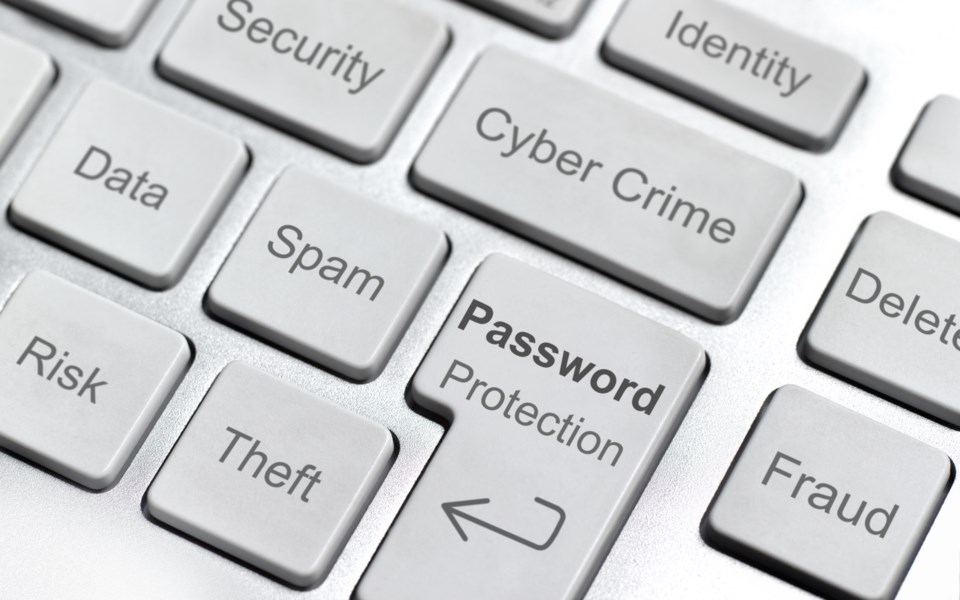For those looking to find a sweet deal in an already difficult real estate market, the Better Business Bureau (BBB) warns that a rise in rental scams could be imminent.
“Students are looking to find their first homes after graduating from school, add that on to the pressure of families looking for vacation rentals, and this is the perfect storm for a scam artist looking to cash in on,” said Simone Lis, president and CEO of BBB serving Mainland B.C., in a statement.
Renters are advised to exercise caution when browsing online for listings. A price that seems too good to be true, just might be. Scammers will typically lure in potential victims by advertising rentals with low costs, great amenities and a prime location.
According to BBB, Canadian reports since January 2022 had an average loss of $1,230, which is a 160% increase compared to the same period last year. The organization's scam tracker shows different reported scams throughout North America, with one June 2021 scam in Surrey culminating in the loss of $3,000.
Students are particularly at risk and are reminded that sites like Craigslist, Kijiji and Facebook Marketplace can be hotspots for scammers. One UBC student shared her experience on Craigslist with BBB last summer.
“I found a two-bedroom apartment on Craigslist for $1,475 a month. It seemed to be a great deal, so I contacted the landlord. He told me that he had moved to Spain due to work reasons. Therefore, the apartment was vacant, and I could move in anytime,” she said in a statement.
The landlord explained that he used a global rental policy and provided the student with a link to the company.
“Since the company's policy required me to transfer a deposit before seeing the house, I sent them $3,000 using the link he provided. At first, I could talk with the customer service on the website. But now, I can’t reach them anymore. I tried to find the legitimate founder of the company, only to learn the company had been closed and it was probably a scam.”
Renters can protect themselves by using some simple tools such as searching online for similar properties. If the property is listed in another city, that’s a red flag. BBB also recommends that renters see the property in person.
“Don’t send money to someone you’ve never met for an apartment you haven’t seen. If you can’t visit an apartment or house yourself, ask someone you trust to go and confirm that it is what was advertised,” BBB outlined in a statement.
In addition, never provide personal contact information such as your social insurance number or banking details.
Renters are also strongly encouraged to request that a lease be drawn up. A written lease will help prevent fraud and lay out the rights and responsibilities of both parties. Ensure that the price and amenities are listed correctly. The lease will also provide contact information for the landlord which can be confirmed by asking for photo ID. A renter can also request previous utility statements for the property to ensure the landlord is who they say they are.
Finding a great rental can be tough, which makes the sting of a scam all the more potent. BBB encourages renters to get a second opinion and to utilize their study on rental scams for more information.




